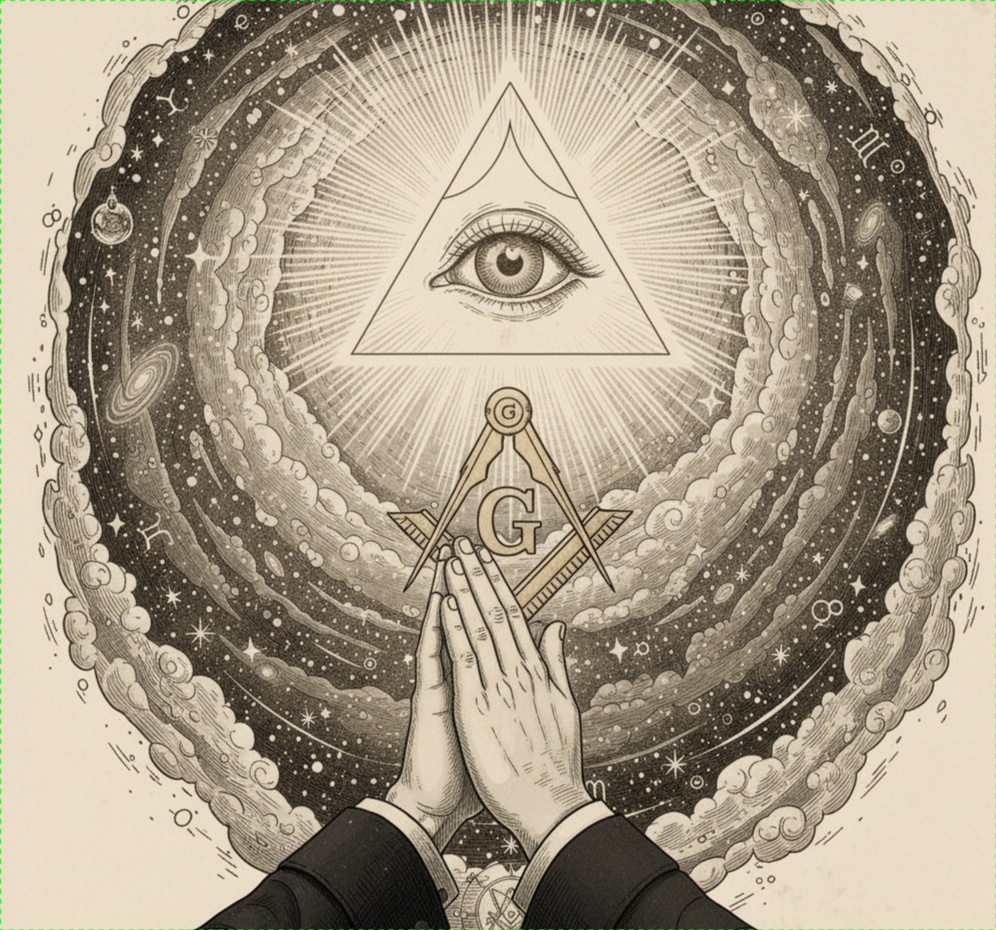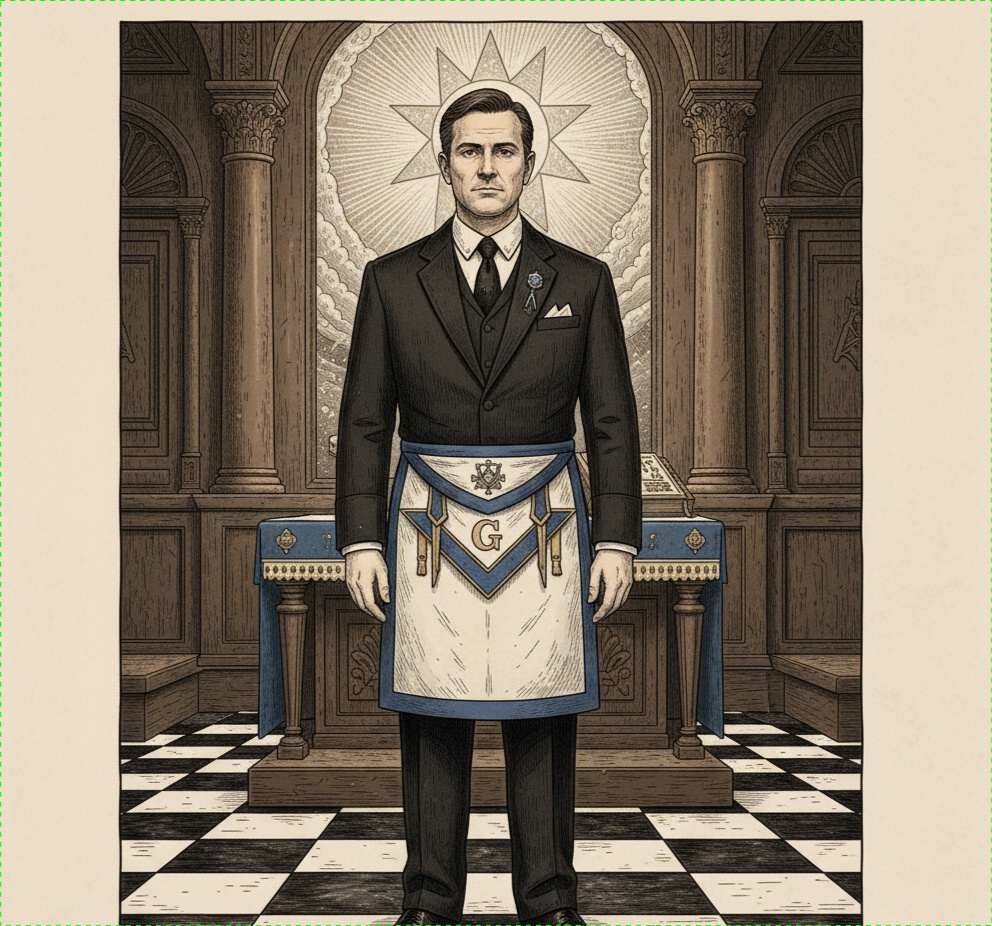Can Anyone Become a Freemason? The Path to Membership Explained
For centuries, Freemasonry has captured the curiosity of the world. It’s a fraternity dedicated to making "good men better" through lessons in morality, ethics, and self-improvement. But a common question that arises from this mystique is straightforward: can just anyone become a Mason?
While Freemasonry is a welcoming global fraternity, membership is not open to everyone. The path is a deliberate and reflective one, designed to ensure that both the candidate and the fraternity are a good fit for each other. The process isn't about wealth, social status, or influence; it's about character, integrity, and a genuine desire for personal growth.
This article explains the fundamental requirements and the typical steps one takes to become a Freemason.
The Core Requirements: The Universal Qualifications
While specific details can vary slightly between different jurisdictions (governed by regional Grand Lodges), a set of core principles for membership is almost universal. A candidate must be:
A Believer in a Supreme Being
This is the most fundamental requirement. Freemasonry is not a religion, but it is a spiritual and philosophical institution. A candidate must profess a belief in a Supreme Being, often referred to within Masonry as the Great Architect of the Universe. This requirement is non-denominational; a man's specific faith—be it Christian, Jewish, Muslim, Hindu, or any other—is his own private affair and is not a factor in his eligibility. Atheists or agnostics are not eligible to join.

A Man
Traditional, mainstream Freemasonry, as recognized by bodies like the United Grand Lodge of England (UGLE), is a fraternity for men only. This tradition stems from the operative stonemason guilds of the Middle Ages, which were composed exclusively of men. It's important to note that separate, independent Masonic bodies exist for women, such as the Order of Women Freemasons, as well as co-ed or mixed Masonic orders.

Of Lawful Age
A candidate must have reached the age of maturity. In most jurisdictions around the world, this is 21. However, some, like those in England and Wales, may accept candidates from the age of 18. This ensures that the man joining is capable of making a mature and binding commitment.
Of Good Reputation and Sound Character
Freemasonry seeks to build upon a solid foundation. Therefore, it only accepts men who are known to be of good moral character. The application process involves an investigation into a candidate's reputation among his peers and in his community. Men with a criminal record or a reputation for dishonesty would not be considered suitable.
Joining of Your Own Free Will
This is a critical principle. A man must seek to join Freemasonry entirely of his own volition, uninfluenced by mercenary or other improper motives. Freemasons do not recruit members. The desire to join must spring from a favourable opinion of the institution and a desire for knowledge and self-improvement.
The tradition is summarized by the well-known Masonic phrase; "To be one, ask one".
The Path to Membership: A Step-by-Step Journey
If you meet the core requirements, the process for joining typically follows these steps:
Express Your Interest (Ask One)
Since Masons won't invite you, the first move is yours. The best way to start is by finding a local Masonic Lodge. You can often do this by:
- Speaking to a man you know to be a Freemason.
- Searching online for the "Grand Lodge" of your state, province, or country. These official websites often have a lodge locator tool and contact information. For instance, the Grand Lodge of Scotland provides clear guidance for prospective members on its website.
The Inquiry and Meeting Members
Once you make contact, you won't be handed an application form immediately. The members of the lodge will want to get to know you. You may be invited to social events, dinners, or informal gatherings where you can meet the members and they can meet you. **This is a crucial, **pressure-free period for both sides to determine if there is a good fit.
The Petition for Membership
If, after the introductory period, both you and the lodge wish to proceed, you will be given a formal application, known as a petition. This document asks for biographical information and confirms that you meet the core requirements. Typically, your petition must be signed by two or more Masons from the lodge who have gotten to know you and are willing to act as your sponsors.
The Investigation Committee
After your petition is received by the lodge, a small committee of members will be assigned to formally meet with you. This is not an interrogation but a friendly and confidential conversation, often held at your home. But most of the lodges does it at lodge building or at a coffee shop as well. The purpose is to verify the information on your petition, discuss your reasons for joining, answer any questions you or your family might have, and generally assess your character.
The Ballot
The investigation committee will report its findings to the lodge at a stated meeting. Following this report, the lodge members will vote on your petition via a secret ballot. In Freemasonry, harmony is paramount, so the ballot must be unanimous for a candidate to be accepted.
The Initiation
If the ballot is favourable, you will be notified and a date will be set for your initiation. This marks the beginning of your Masonic journey through a series of ceremonies, or "degrees," which use allegory and symbolism to impart moral and philosophical lessons.
Conclusion: A Journey of Character
Becoming a Freemason is not like joining a club; it is a profound commitment to a life of integrity, service, and self-improvement. The path to membership is deliberately patient and thorough because it seeks to create a lasting bond between the individual and the fraternity. It’s a journey that begins not with a handshake, but with a sincere question born of a desire to become a better version of oneself.
Sources and Further Reading
- United Grand Lodge of England (UGLE) - "How to Become a Freemason"
- The Grand Lodge of Scotland - "Join Us"
- The Masonic Service Association of North America - "How To Join"
- Order of Women Freemasons - Women Freemasons Information
